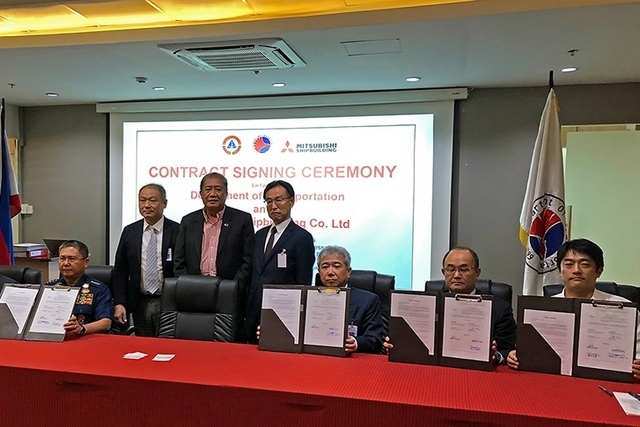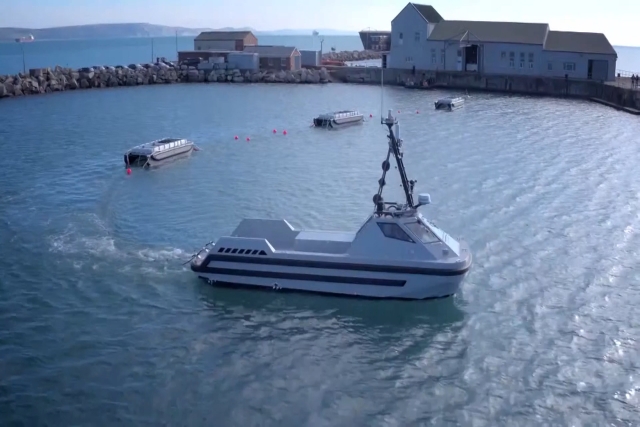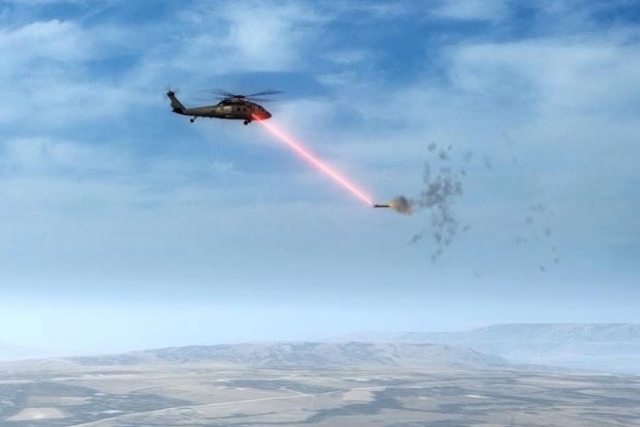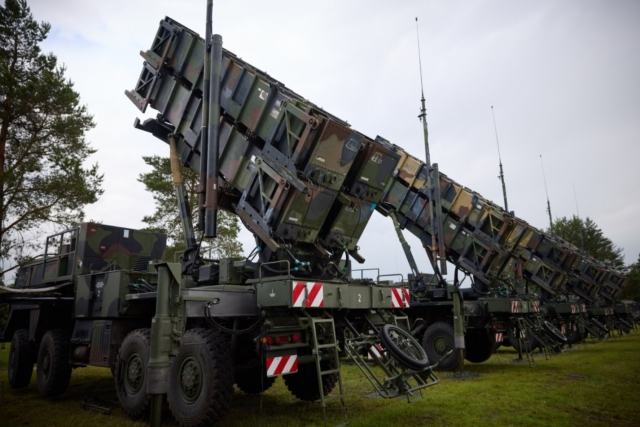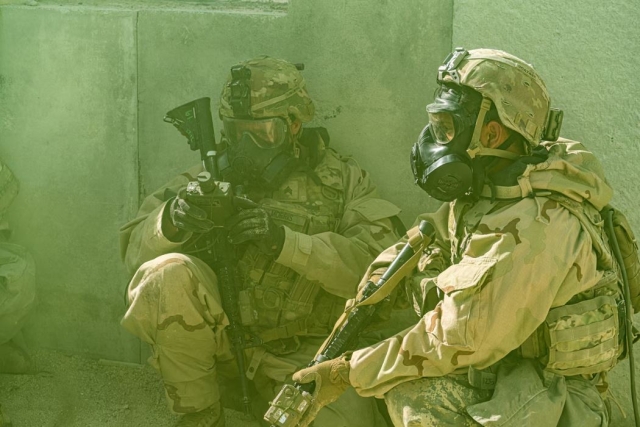Japan's Mitsubishi Electric to Supply Air Defence Radars to Philippines for $100 Million
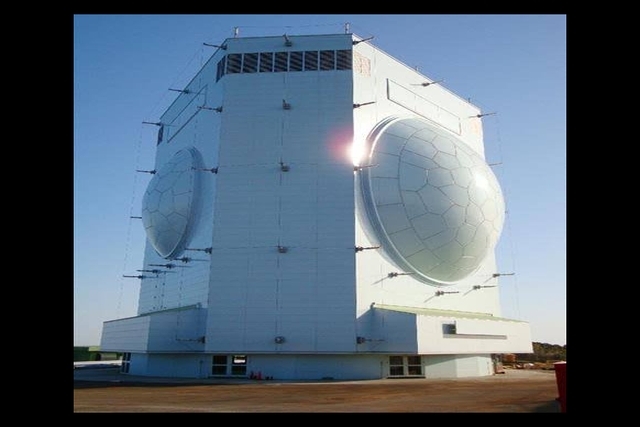
Mitsubishi Electric has signed a $100 million contract with the Philippines to deliver four air defence radars to warn against approaching enemy aircraft and missiles.
This is the first export of a newly made “complete” defense product since Japan's arms trade ban was eased in 2014, Japan’s ministry of defence announced Friday.
The radars are based on a similar system employed by the Japanese Self-Defense Forces. "Promoting cooperation with the Philippines on defense equipment is important to secure peace and stability in the region as well as in our country," the ministry said in a statement. "The conclusion of this contract is extremely significant."
"The transfer of (defense) equipment will strengthen Japan's defense industry," Defense Minister Taro Kono told a press conference.
Japan is stepping up defense and security cooperation with the Philippines, one of the countries involved in territorial disputes with China, which has been increasing its military presence in the South China Sea.
Since Japan removed in 2014 its all-out arms export ban imposed during the Cold War, it has exported parts for the PAC-2 mobile missile defense interceptors, produced under license in Japan, to the United States but until now has not exported any complete newly made defense product.
The announcement of the deal came on a day when Prime Minister Abe laid down office on grounds of ill-health. He is widely believed to the architect behind Japan’s policy change from a net arms buyer to an exporter.
While the Japanese defence ministry did not specify the type of radar sold to the Philippines, it is widely believed to the Fixed 3D Air Surveillance Radar (J/FPS-5), an active phased array radar system developed to detect aircraft and missiles. It is a product of Mitsubishi Electric Corp.
